blue light for bugs
If you are searching about Blue light assists a night hunt for bugs - AgriLife Today you've visit to the right place. We have 10 Pictures about Blue light assists a night hunt for bugs - AgriLife Today like Small Turquoise Beetle - Polydrusus formosus - BugGuide.Net | Insect, Do LED Lights Attract Bugs? [Solved] and also Mixed Bugs – Light Blue :: Layered Creations. Here you go:
Blue Light Assists A Night Hunt For Bugs - AgriLife Today
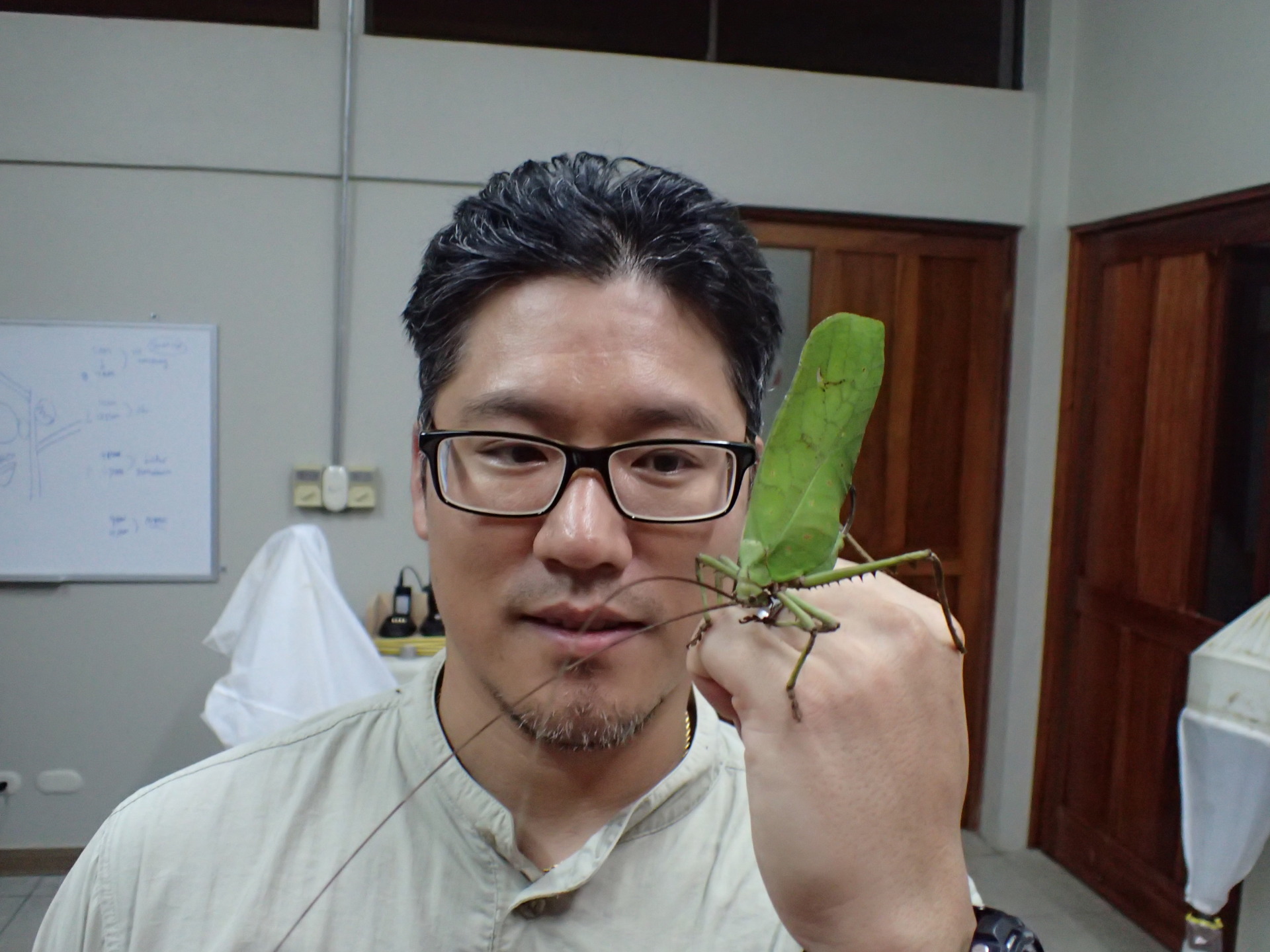 agrilifetoday.tamu.edu
agrilifetoday.tamu.edu
Pin Auf Nature At Its Finest
 www.pinterest.com
www.pinterest.com
weevil papua sepik insekten upper river
Do Blue Led Lights Attract Bugs? – Ledlightplanet
 ledlightplanet.com
ledlightplanet.com
Mixed Bugs – Light Blue :: Layered Creations
 layeredcreations.com.au
layeredcreations.com.au
Blue Light Bugs | Seeds.yonsei.ac.kr
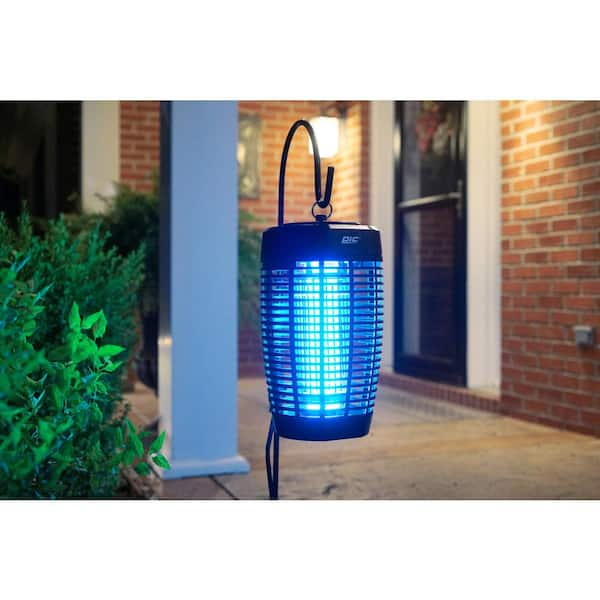 seeds.yonsei.ac.kr
seeds.yonsei.ac.kr
Small Turquoise Beetle - Polydrusus Formosus - BugGuide.Net | Insect
 www.pinterest.co.kr
www.pinterest.co.kr
Frolicking Fields Lightning Bugs Blue - 12015611
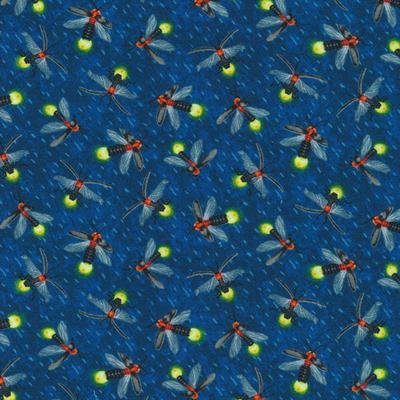 www.thesewnsew.com
www.thesewnsew.com
Blue Light Bug - Bugs - Stray Fawn Community
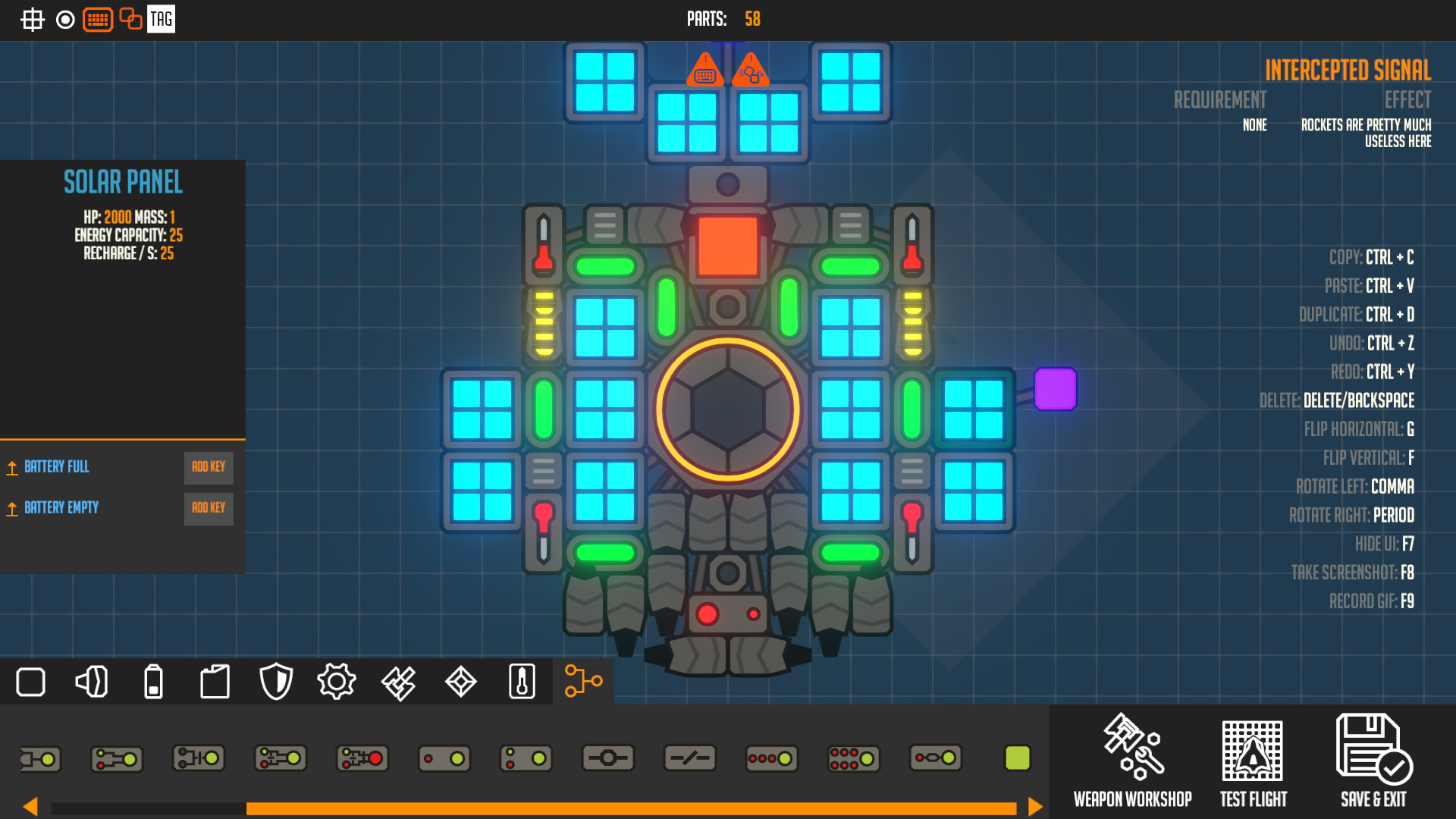 strayfawnstudio.com
strayfawnstudio.com
Do LED Lights Attract Bugs? [Solved]
![Do LED Lights Attract Bugs? [Solved]](https://industrystandarddesign.com/wp-content/uploads/2021/04/blue-light-768x497.jpg) industrystandarddesign.com
industrystandarddesign.com
Blue Bugs That Fly - Insect And Spider Identification Socal Large Blue
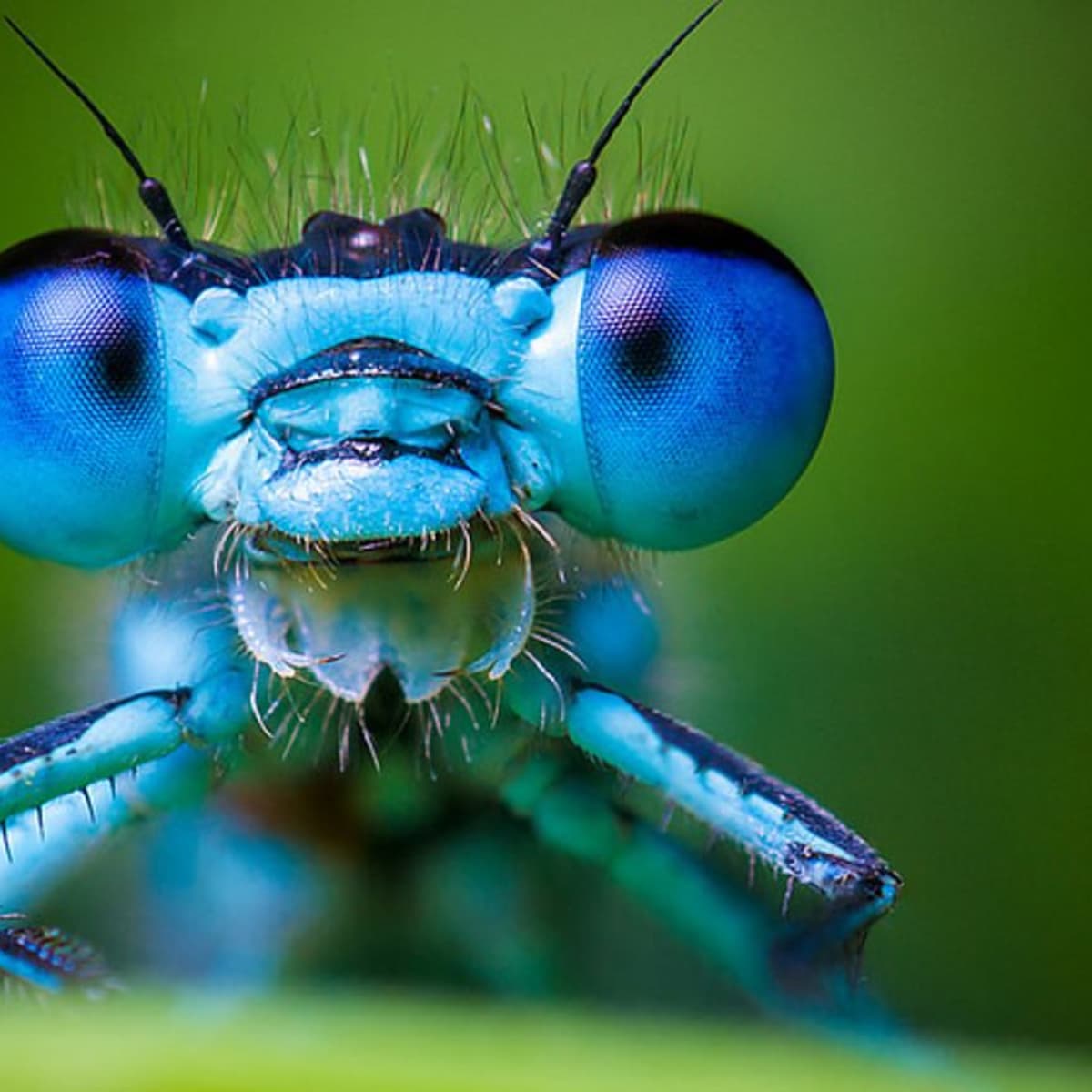 liamhisfy1964.blogspot.com
liamhisfy1964.blogspot.com
insect spider socal identification flies
Mixed bugs – light blue :: layered creations. Pin auf nature at its finest. Frolicking fields lightning bugs blue. Small turquoise beetle. Blue light assists a night hunt for bugs. Do blue led lights attract bugs? – ledlightplanet. Blue light bugs. Blue light bug. Insect spider socal identification flies. Weevil papua sepik insekten upper river. Blue bugs that fly. Do led lights attract bugs? [solved]
Theories Explained
Phototaxis: Seeking well-ventilated or Seeking Darkness?
One prevailing theory not far off from insect sympathy to light is phototaxis, the inborn tendency of organisms to change towards or away from lighthearted stimuli. though distinct phototaxis explains why some insects are drawn to open sources, negative phototaxis elucidates the actions of those that avoid light, seeking refuge in darkness.
Disorientation and Misguided Navigation
Another hypothesis posits that artificial lights interfere behind insects' navigational abilities, leading to disorientation and erratic flight patterns. Insects may become trapped in an endless cycle of circling concerning roomy sources, unable to discern a artifice out of their shimmering trap.
Misinterpretation of fresh Signals
Intriguingly, certain species of insects may mistake pretentious lights for natural cues, such as the moon or stars. This misinterpretation can have dire consequences, as insects may expend vital computer graphics resources attempting to achieve an unattainable destination.
Practical Implications
Ecological Consequences
The similarity of insects to pretentious lights can have puzzling ecological implications, impacting predator-prey dynamics, pollination patterns, and nocturnal ecosystems. Disruptions in these delicate balances may cascade throughout entire ecosystems, potentially leading to unforeseen result for biodiversity and ecosystem stability.
Pest government Challenges
For homeowners, businesses, and agricultural enterprises, insect similarity to fresh presents a significant challenge in pest organization efforts. leaky right of entry points, such as windows and doors, allow insects subsequently simple permission to indoor environments, where precious lights beckon them into unsuspecting spaces.
Conclusion
In summary, the phenomenon of insects innate drawn to well-ventilated is a multifaceted and intriguing aspect of entomology. even though numerous theories try to run by this behavior, the underlying mechanisms remain subject to ongoing research and debate. By attainment a deeper conformity of why insects are attracted to light, we can enlarged mitigate the potential repercussion and leverage this knowledge to notify pest government strategies and conservation efforts.